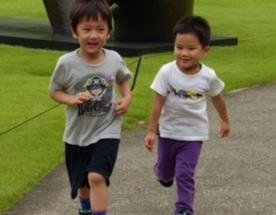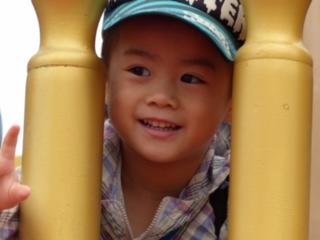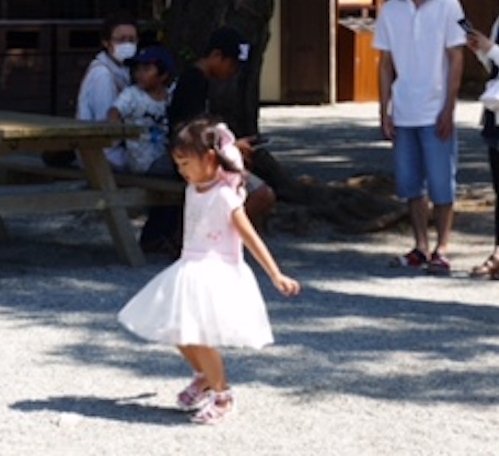5 Ways Summer Adventures Help Strengthen SEL
Perhaps more than any other time of year, summer is a time for the Meeting House values of fun, friendship, and community, and one of the best ways to experience all three is through an activity so many of us enjoy during these months: travel. Whether to visit family in another state, to nearby beaches or mountains, or across oceans, it’s is a wonderful opportunity to expose our kids to new places and people. For most children the experience of navigating new environments can be particularly beneficial, providing important practice in flexibility, interpersonal skills, and confidence that they can bring back to school in the fall.
Travel gives us practice in flexibility. Particularly for children who struggle with rigidity, travel can be beneficial as a way to promote taking a more flexible approach. From long flights and time changes to new foods and different sleeping arrangements, travel involves significant alterations to our typical routine. While this can be challenging, travel make these types of adjustments exciting instead of daunting.
Exposure to cultural differences. At the Meeting House, one of our core values is respecting differences, and when we travel, we often have the opportunity to put that into practice. For example, last summer when I travelled to Japan, one of the most immediately noticeable differences were the medical masks that some people wore. I learned that these masks are a reflection of the broader Japanese culture of valuing community over the individual. Often, when someone has a contagious condition, people choose to wear a mask to school or work to keep from spreading germs to those around them, thereby helping to keep the larger community healthier. For me, this epitomizes the importance that every individual plays as a member of a community. It's a reminder that we are only as strong as our weakest link and need to take care of each other along the way.
Reading situations and people. When we are at home, we often fall into a routine, traveling the same route each day, encountering the same people, and going through the motions. When we travel, all this goes out the window, and we have to navigate an entirely new environment. We can help our children learn to do this with openness and calm by preparing, taking things slow and talking about what we see. At the Meeting House, we often practice greeting one another and communicating interest to a friend in conversation with our eyes. It can be interesting for children to see how other cultures handle things like greetings and conversations. When I was in Japan, I learned that eye contact is a bit trickier because it is part of a hierarchal system of respect for elders and superiors in the workplace. If used inappropriately, direct eye contact can be seen as challenging or assertive and it is not always the right thing to do. Simply observing and discussing these differences can help children understand that, when it comes to interacting with others, the same rules don’t always apply.
New emotions and triggers. Arriving at summer camp and making new friends, meeting camp counselors, playing with cousins who live in different states, interacting with older relatives -- all these experiences require nuanced relationship-building skills and can trigger emotions that kids don’t usually encounter during the school year. It’s an ideal time to practice and reinforce emotional regulation techniques, and it’s important to keep the lines of communication open so kids are able to share how they’re feeling. Particularly for children who have sensory processing difficulties, new places can be full of potential triggers. If we’re mindful of this, and support our children through these unfamiliar experiences, they can be great learning and growth opportunities. Preparation is often critical to their success -- reviewing a bunk list, identifying a few new foods to try, and reviewing a new daily schedule in advance are all examples of strategies to make these experiences go more smoothly.
Nuanced relationship-building. Common summer adventures, like going to sleepaway camp or visiting relatives, require advanced relationship-building skills. Kids might have to interact with family members that are much older or younger than they are used to. At sleepaway camp, kids must practice navigating the common exchanges involved in sharing close living quarters with others. For older kids, spending time away from home during the summer can help them build skills like self-advocacy, executive function, compromise, boundary-setting, and conflict-resolution. These are important skills that can build more independence and self-confidence along the way.
Summer is a time for adventure. Even if extended travel isn’t part of your summer plans, we can take this time of year -- with its long days, warm weather, and less demanding activities schedules -- to explore new places and step outside our comfort zones. Whether flying across the world or spending a day in a new part of town, travel in all its forms helps build social emotional skills and make lifelong memories.







